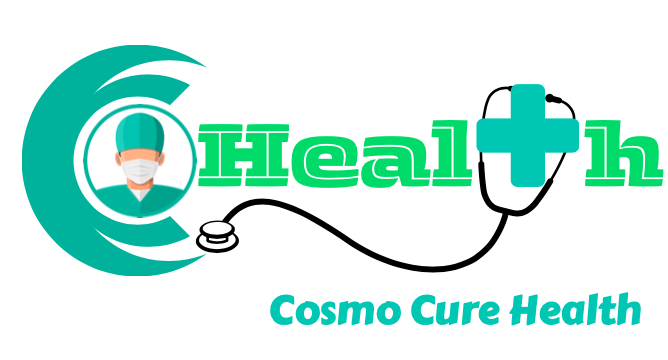Circumcision Surgery
What is Circumcision Surgery ?
Circumcision surgery is a common procedure in which the foreskin covering the tip of the penis is surgically removed. It is performed for various reasons, including religious or cultural traditions, medical conditions such as recurrent infections or phimosis, and personal preferences. The surgery is typically quick and safe, with minimal recovery time. Many individuals choose circumcision for its potential health benefits, such as improved hygiene, a reduced risk of urinary tract infections, and a lower chance of certain sexually transmitted infections. While the procedure is generally well-tolerated, proper aftercare is essential to ensure a smooth healing process.
Financials

Cost Estimate

₹ Xxx, xx

Consultation Free

Transportation Free

Insurance

All Insurances Accepted

Hassle-free Approval

Complete Paperwork Assistance

EMI

Zero Cost EMI

Pay in Installments

Easy Approval
Why Consider Circumcision Surgery?
Diagnosis of Circumcision Surgery
The diagnosis for circumcision surgery is typically based on a medical evaluation of the foreskin and overall penile health. A doctor will assess whether conditions such as phimosis (tight foreskin that cannot be retracted), paraphimosis (foreskin trapped behind the head of the penis), recurrent infections, or balanitis (inflammation of the foreskin and glans) are present. In some cases, circumcision may also be recommended for individuals experiencing pain, discomfort, or hygiene-related issues. A physical examination, medical history review, and, if necessary, additional tests help determine whether circumcision is the best course of treatment.
Treatment Options for Circumcision Surgery
Recovery and Aftercare After Circumcision Surgery
After circumcision surgery, proper care is essential for a smooth recovery. Mild swelling, discomfort, and sensitivity are common in the first few days and can be managed with prescribed pain relievers and cold compresses. Keeping the area clean and dry is crucial to prevent infection, and patients should avoid strenuous activities, including sexual intercourse, for a few weeks to allow complete healing. Loose-fitting clothing and gentle handling of the area can help minimize irritation. Regular follow-up visits with the doctor ensure proper healing and address any concerns, promoting a safe and comfortable recovery.






